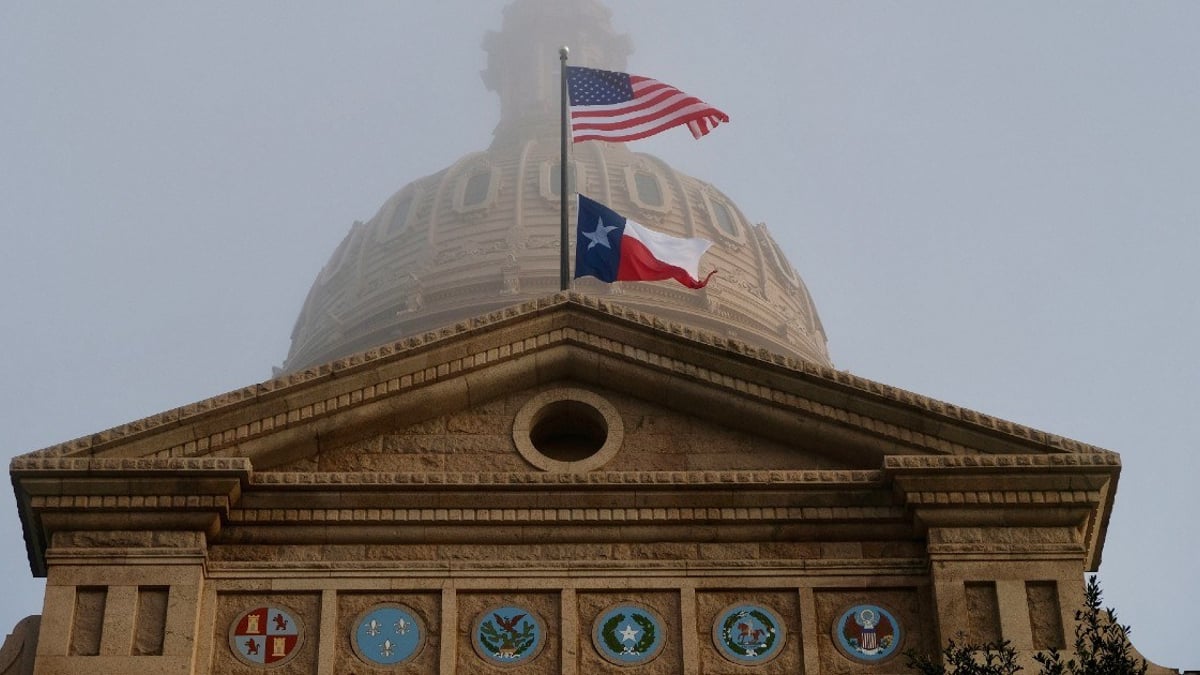Texas Lawmaker Prefiles Measure to Legalize Casinos, Sports Betting

A Texas state senator has prefiled a measure to legalize sports betting and casino gambling in the nation’s second most-populated state.
Under Senate Joint Resolution 17, prefiled Monday by state Sen. Carol Alvarado, D-Houston, a Texas Gaming Commission would be created to regulate legal commercial gambling in the state. Pending legislative approval and a public vote, sports betting and a limited number of big-city casinos would be legalized.
The resolution is expected to be heard at the 2023 legislative session from Jan. 10-May 29 at the Capitol in Austin. Resolutions and bills are customarily prefiled but not acted upon until House and Senate members meet for the legislative session.
Even if approved next year by a two-thirds vote in both legislative chambers, Alvarado’s gambling resolution still would require passage in a statewide public vote on Nov. 7, 2023.
These steps are required to amend the Texas Constitution, which prohibits most gambling.
Mattress Mack: Legal Gambling Won’t Pass In Texas
Past efforts to win approval at the Legislature to expand gaming in Texas, including adding casinos in the largest cities and legalizing sports betting, have been unsuccessful.
Jim McIngvale, a mulit-million-dollar sports bettor known as Mattress Mack, told Gambling.com casinos and sports betting won’t be legalized in Texas at any point in the near future.
McIngvale, 71, recently won a record $72.6 million betting on the Houston Astros to win this year's World Series. The Astros defeated the Philadelphia Phillies in six games to capture the title, closing out the World Series on Nov. 5. Several days later, McIngvale used a wheelbarrow in Las Vegas to load millions of dollars in bundled cash onto a private aircraft for the flight back to Texas.
The Houston furniture store owner, who sometimes places large legal bets across the state line in Louisiana, said opposition from religious factions is a key reason gambling won’t win public support in Texas.
“There won’t be legal sports betting or gambling in Texas in my lifetime,” he said.
With a population size of about 29.5 million residents, and avid fan bases for professional and college athletic teams, Texas is seen as a prime market for the legal sports wagering and casino industries.
The nation’s largest state, California, has Native American casinos and other limited forms of gambling, but voters this month rejected ballot questions to legalize sports betting on mobile apps and in-person at tribal casinos.
Governor Might ‘Look At’ Legalizing Casinos
Online gambling in Texas saw a ray of hope in a recent remark from Gov. Greg Abbott’s spokesperson regarding casino gambling.
Press secretary Renae Eze told the Houston Chronicle the governor doesn’t want slot machines “at every corner store” but might be open to considering casino gaming, which he previously has opposed.
Abbott, a Republican, won re-election this month to another four-year term.
“If there is a way to create a very professional entertainment option for Texans, Governor Abbott would take a look at it,” Eze said.
In addition, Dallas Cowboys owner Jerry Jones, who played college football at the University of Arkansas, has said legal sports betting in Texas is inevitable. Like Louisiana, Arkansas shares a border with Texas and allows legal casino gambling and sports betting.
Resolution Sets Tax Rates
With approval of Alvarado’s resolution, cities with metropolitan statistical areas of two million or more people could get one casino each.
These metro areas include Houston, the nation’s fourth largest city by population size. Alvarado lives in Houston and served on the City Council there from 2002 to 2008.
Also included are the Dallas-Fort Worth, San Antonio and Austin areas.
Casino gaming at these resorts would be taxed at the following rates.
- 10% of gross gaming revenue from table games;
- 25% of gross gaming revenue from slot machines.
If approved, the resolution also would allow certain pari-mutual wagering license holders to offer limited casino gaming at horse tracks and greyhound racetracks.
Currently, three federally recognized Native American tribes already are allowed to offer limited gaming in Texas.










